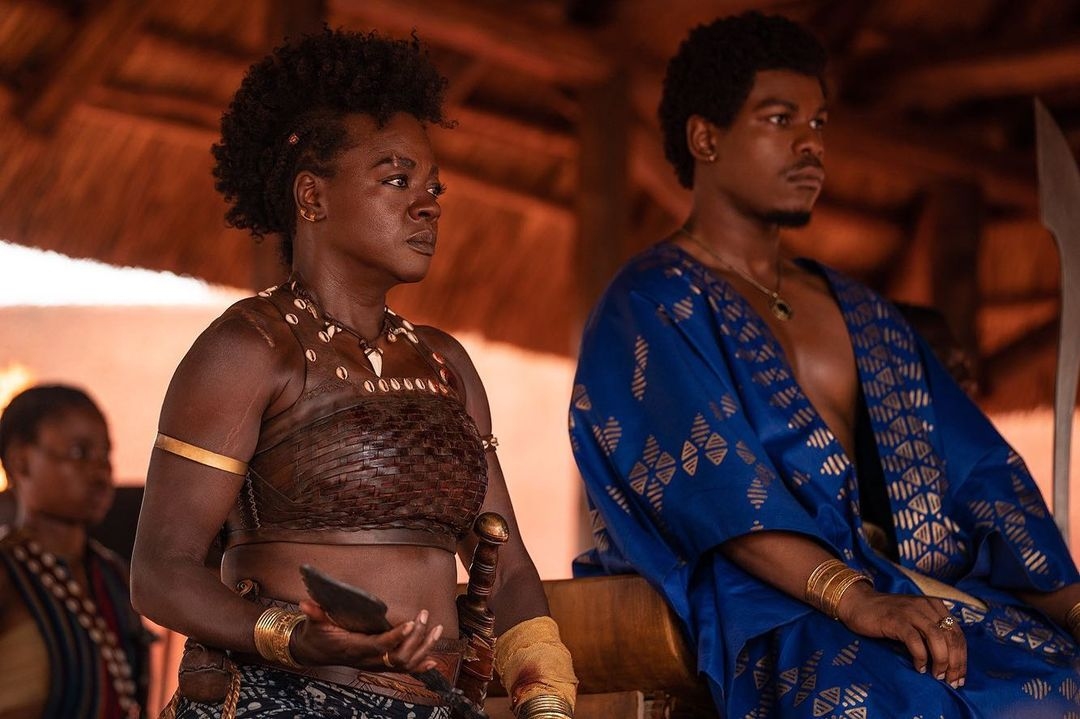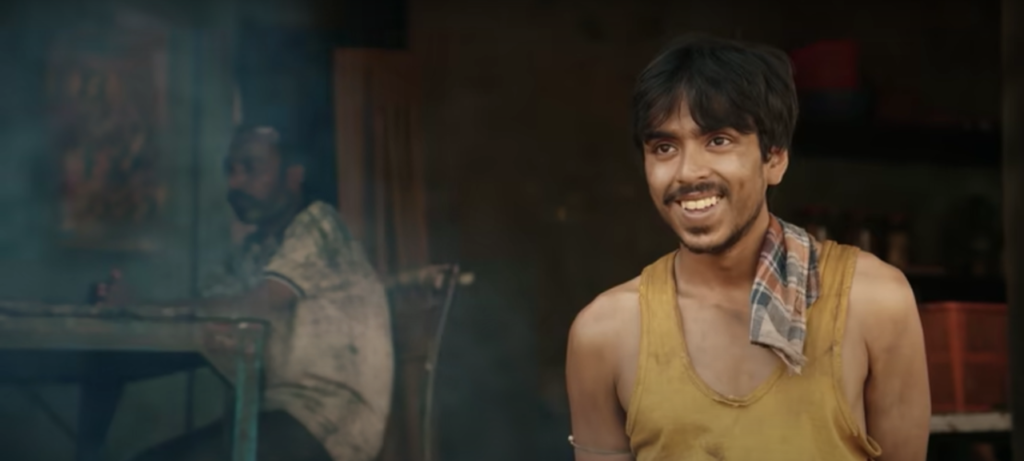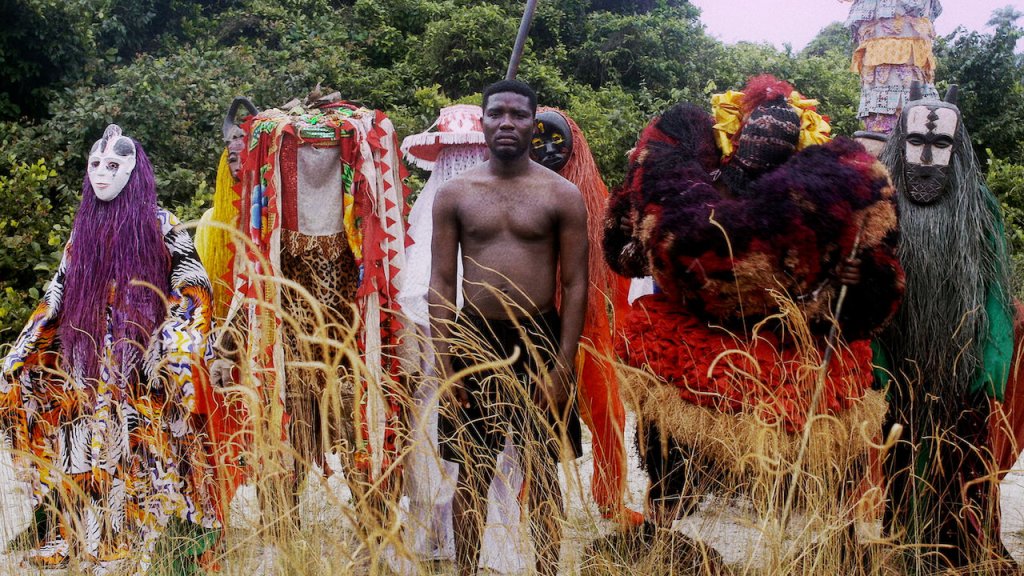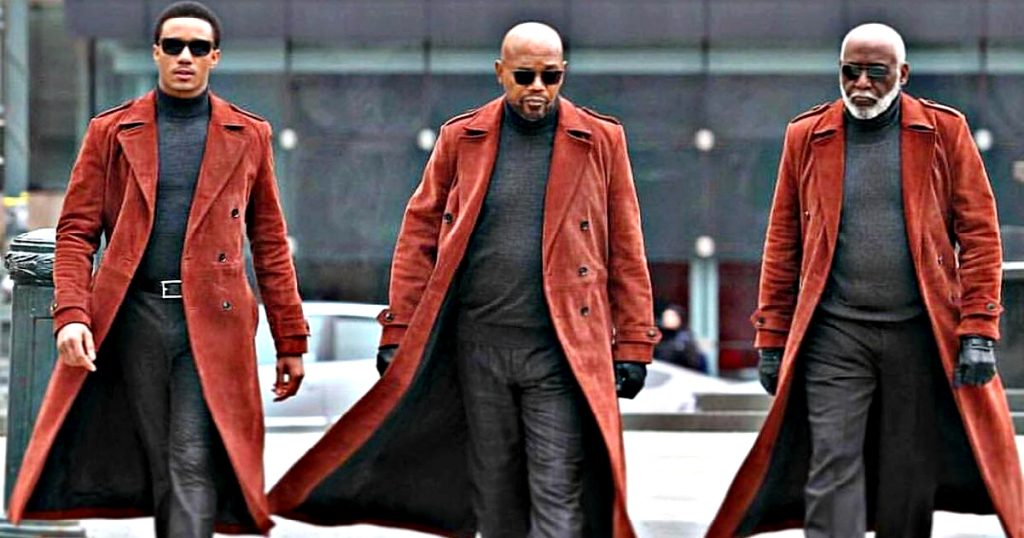It was not the release of the official “The Woman King” trailer that excited Nigerians but a clip released by FilmOne in which the proudly Yoruba John Boyega and Nigeria’s Jimmy Odukoya fondly known as ‘PJ’ argue. The excitement witnessed is only comparable to what was experienced following the release of the “Black Panther” trailer back in 2017. The scene is remarkable because Nigerians are proud to hear the authentic Nigerian accent in a Hollywood flick! When Odukoya says, “… 40 Agojie, not two o,” it is music to our ears.
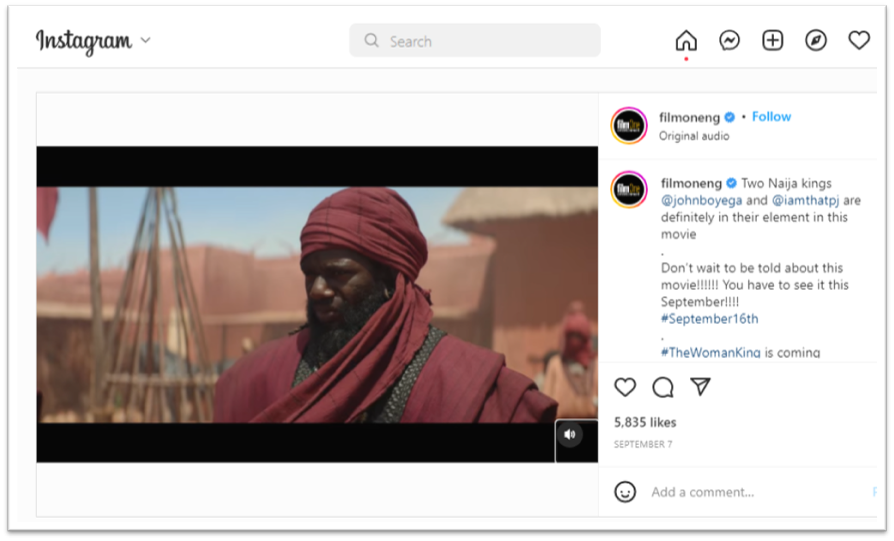
Director Gina Maria Prince-Bythewood and producers Cathy Schulman, Viola Davis, Julius Tennon and Maria Bello have done Africa a great service with a cast that includes Nigerians alongside; Angelique Kidjo, Lashana Lynch, the 2022 BAFTA Rising Star Awardee, Sheila Atim, a Ugandan-British Actress and Thuso Mbedu from South Africa. It’s a rarity and so a celebration of African talent at home and in the diaspora. But casting PJ to play Oba Ade is especially special for Nigerians as more Nigerian actors seek to break into Hollywood.
In typical Nigerian fashion of celebrating Nigerians who are defying the odds at home or abroad, one expects this movie to have a good cinema run in Nigeria; but thankfully, that is not the reason you should see it. “The Woman King” is entertaining!
“The Woman King” is set in the pre-colonial Dahomey Empire, somewhere in the modern-day Benin Republic. It casts the spotlight on the Dahomey Amazons called – “Agojie,” the all-female warrior unit that protected the West African kingdom during the 17th to 19th centuries.
The Dahomey Empire had a tributary pact with the mighty Oyo Empire that allowed Oyo the use of the Ouidah Port as a slave route. Conflict breaks out between the Dahomey and Oyo Empires following the abduction of Dahomean women by slavers from the Oyo Empire. The women are freed by the Agojie led by General Nanisca (Viola Davis) who tells her new King, Ghezo (Boyega), that the Europeans wish to conquer them and will not stop until the whole of Africa is theirs so they must fight back. Consequently, Nanisca begins to raise the next generation of warriors to fight their enemies.
In addition, Nanisca wishes that Dahomey would stop selling her people and sell palm oil instead. Many in the king’s court disagree and although King Ghezo has many wives among whom he has a favourite, all acknowledge that he respects Nanisca. This stirs up envy; more so, as the king is yet to name “The Woman King.” But Nansica is committed to the Agojie even as she confronts her troubles.
The film explores the slave trade and feminism. In an exchange between Nansica and her arch-rival, Oba Ade (Odukoya), Oba says to Nanisca that Dahomey sends its women to fight but that in his kingdom they would find “better use for them.” However, for girls like Nawi (Thuso Mbedu), a recruit to the Agojie, marriage is not on the cards.
Nawi is obstinate, challenges Nansica and believes that she can be the best among the warriors. She is quickly spotted as a troublemaker by Nanscia and Izogie (Lynch), a veteran Agojie who takes the recruits on their daily drills. For Nawi, experience would become the best teacher.
Amid the seriousness of the themes explored, one is relaxed and entertained especially by Izogie. She takes Nawi under her wings and shows her tough love laced with humour. Izogie’s actions epitomise the African love that disciplines the child with one hand and embraces her with the other. Izogie is an unforgettable character and bound to be a fan-favourite. An absolute show-stealer.
The dance and action choreography are impressive, and the acting is superb. Davis is fast and furious. Boyega is charming and channels his Nigerian heritage in his portrayal of King Ghezo. And it is especially pleasing to see Odukoya deliver on a major role although he is not considered an A-list actor at home. It must have been difficult for Odukoya to go head-to-head with a towering figure such as Davis but he held his own.
The audience is a little disappointed by the revelation of Nawi’s identity. Infact, one cinemagoer exclaimed: “They have pulled a Nollywood on us!” Oba’s costumes also create some confusion. Although history suggests that the Oyo Empire spanned the west through parts of Northcentral in present-day Nigeria, the head of the Oyo Empire was Yoruba. As such, the turban which Oba mostly wore is more suggestive of a northern Nigeria attire and hardly Yoruba. Yet, one thing is certain, Hollywood is beginning to pay attention to our culture. We see it in this movie and we saw it in coming to “Coming to American 2.” For that we are thankful; it can only get better.
.

